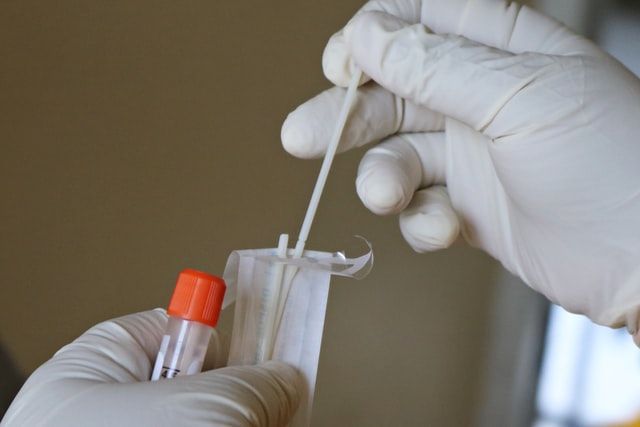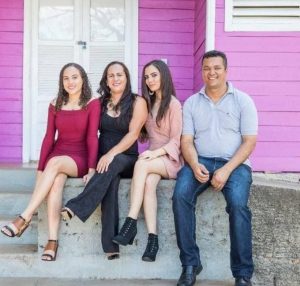The novel coronavirus behind COVID-19, or ‘SARS-CoV-2’, continued to be detected in a 38-year-old for nearly 232 days, a new study has revealed.
The case, which has been called ‘atypical’ and ‘rare’, was part of research involving 38 patients in Brazil who were tracked on a weekly basis from April to November 2020, until they tested negative twice or three times through an RTPCR test.
Also Read: Wuhan scientists warn of ‘NeoCoV’ virus with high mortality rate: Report
The man in question had shown mild symptoms of COVID-19 for around 20 days. But the novel coronavirus continued to be detected in his body, even undergoing mutations. According to the researchers affiliated with the Pasteur-USP Scientific Platform, he could have spread the virus all through the seven months had he not received consistent medical care and followed all precautions, reported News Medical.
The study, supported by the São Paulo Research Foundation (FAPESP), has been published in the ‘Frontiers in Medicine Journal’.
Also Read: Mumbai reports 1st case of Black Fungus in months: Do we need to worry?
“Of the 38 cases we tracked, two men and a woman were atypical in the sense that the virus was continuously detected in their organism for more than 70 days. Based on this result, we can say that about 8% of people infected by SARS-CoV-2 may be able to transmit the virus for more than two months, without necessarily manifesting any symptoms during the final stage of the infection”, said Marielton dos Passos Cunha, first author of the article on the study findings.
Also Read: COVID-19: New AI tool could predict recovery time of patients
The results could have implications for the recommended quarantine period for people infected with COVID-19. In rare cases, patients could be transmitting the infection even after ten or 14 days. Moreover, this reinforces the need for timely vaccination, wearing masks, and maintaining physical distancing.
“We wanted to know if a period of 14 days was really long enough for the virus to stop being detectable. We concluded that it wasn’t. It can take a month for a patient to test negative, and in some cases included in our study the patients remained positive for 71 to 232 days,” said Paola Minoprio, one of the coordinators of the Platform and principal investigator for the study, according to News Medical.







